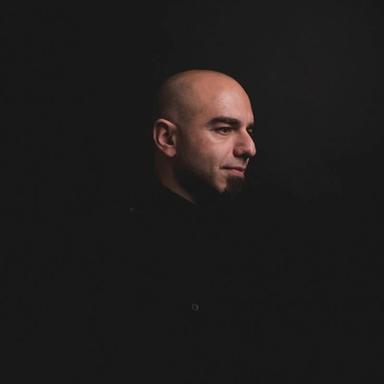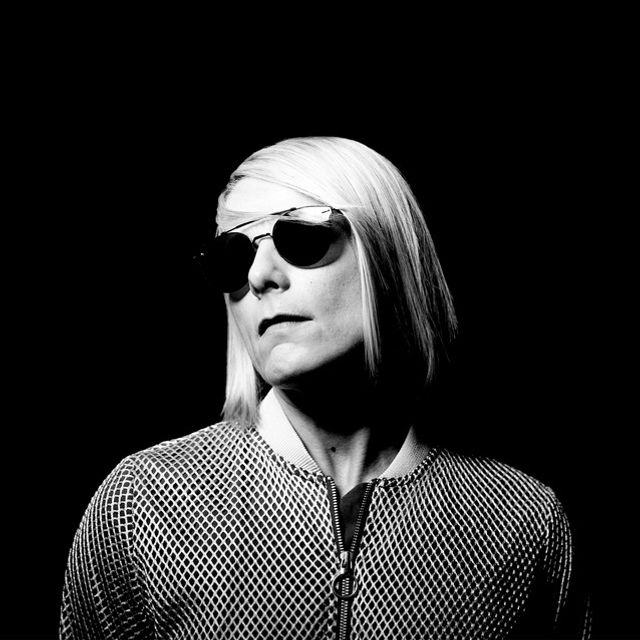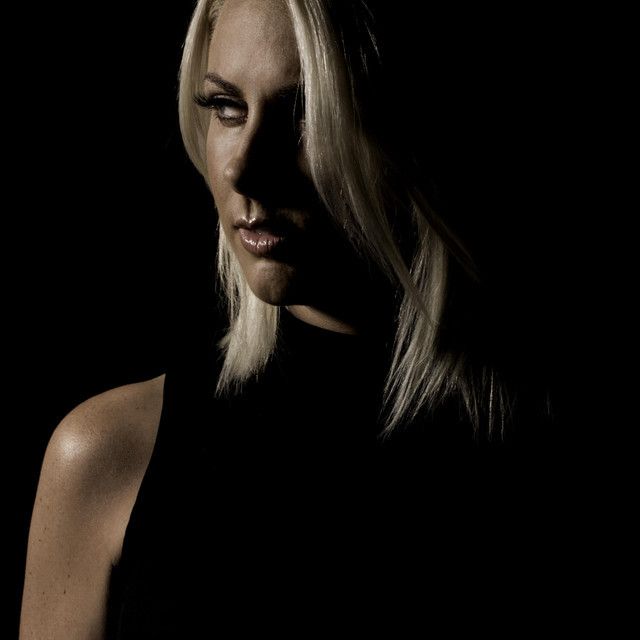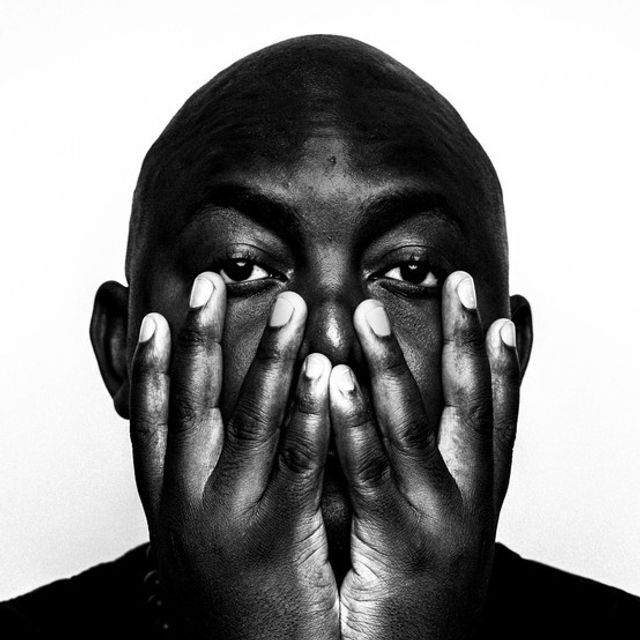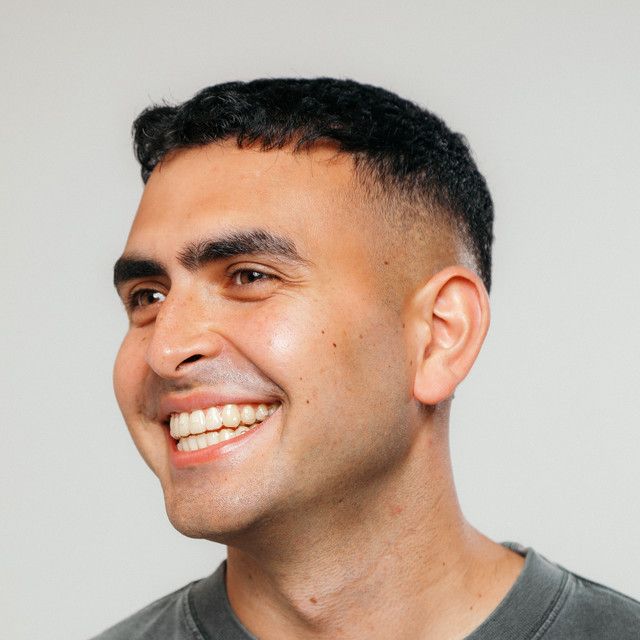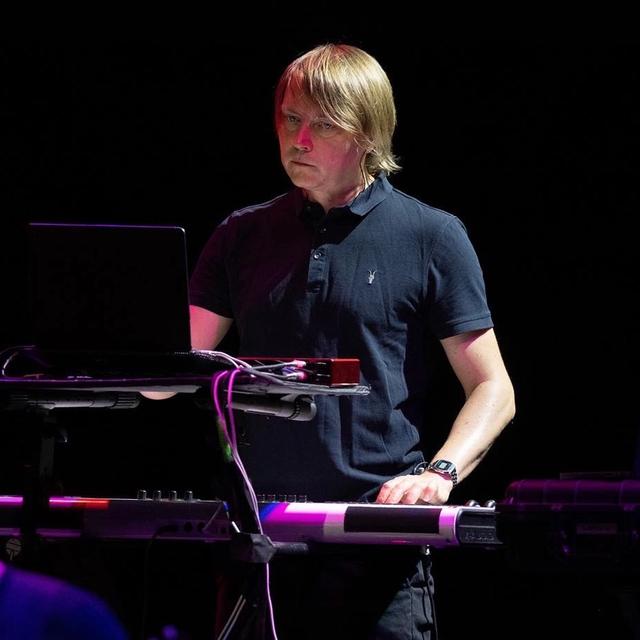Artist Spotlight
Baghdad-born Dj and producer Saeed Younan is your favorite DJ's favorite DJ. The technical powerhouse is lauded for his precision and effortless blend of house, tech house, and tribal. A globe-trotting performer with a case full of DJ awards, he's worked the most infamous dancefloors of Ibiza, Tokyo, Mexico, Hong Kong, and the US for over 20 years. As a producer his trademark sound continues to evolve, garnering support from revered artists like Carl Cox, Danny Tenaglia, Mark Knight, Nic Fanciulli, and Loco Dice. Before he became their peer, he was a young protege and novice DJ, yearning to one day sell out a club show of his own. “I used to take the Greyhound bus from DC to New York in the mid-90s, go check out Tenaglia who’d play at Twilo, hop back on the Greyhound and go clock in, work a shift at Fresh Fields—now they call it Whole Foods—and then do it all over again. They were pretty cool about giving me weekends off, which was great because I needed those days to DJ.” Fast forward into the digital age, Younan is a successful touring DJ and label head of Younan Music. The imprint’s name was a fortuitous accident. “Younan Music was never meant to be named after me. Somewhere along the way, my company Younan Inc. became Younan Music and we just kept it,” explained Saeed. “I started the label to shed light on new artists, people who were trying to make it. We wanted to focus on smaller acts, people who were starting out who needed an avenue to get their name out there.” Since 2004, the label has churned out over 300 releases including singles and compilations, according to Saeed. Supported by Carl Cox, Hot Since 82, Carlo Lio, and more, the imprint forges on preserving and maintaining its original mission—to help the outliers, the strays, and the new kids on the block build out their legacy, just as Saeed has. “We sign personalities, but we stay away from signing anyone that’s too cocky or has an ego. Everyone on our label produces their own stuff, they’re making their own stuff, working hard in the studio—no ghostwriters. We focus on humble people who are really trying to make something happen for the culture, for music,” said Saeed. The selector is a humble artist with a tenacious work ethic and an unwavering love for music that stemmed early on in his life. Born in Baghdad in the early 70s, Saeed, his parents, and two sisters lived in Iraq until they fled in 1981 due to an ongoing war. “We had to flee the country, but at that time you couldn’t leave or go anywhere so we had to say we were going on vacation,” said Saeed. So the family escaped to a bustling London, as punk music and fashion were approaching their pinnacle. During this tumultuous time, Saeed turned to music as an escape. “I was seven or eight years old, recording music on a tape deck I always had on hand. It was a little boombox I would tune to little European stations. The tape deck had a space for a cassette and I’d record on it any chance I’d get when I heard music I enjoyed,” Saeed shared. “That was how it all started. Sitting in my room, tuning into European stations and sifting through the channels for music, grasping different sounds and listening to everything I could.” Saeed recalled that music wasn’t as accessible in those days as it is now. So his favorite method of exploring different sounds and genres was through terrestrial radio. For the young producer, this meant he spent hours tuning through stations, sifting through static and white noise for any clearly defined snippets of music—much of which included a lot of disco and ABBA. “It was difficult to find stations sometimes with clear sound. I’d have to keep tuning the dial if the reception wasn’t clear and then, when I found a good one, I would keep it locked in. Majority of the music I was listening to was disco, occasionally some rock.” The family stayed in London for a year-and-a-half while his father filed the necessary paperwork that would allow them to transfer to the United States as refugees. “But we were living like refugees then. We couldn’t go to school,” explained Saeed. “We hunkered down. There was a lot of politics going on and we didn't want to run into the wrong people, or else they’d say we’d escaped the country. So we did the best we could to stay quiet, in the meantime, until we got our paperwork.” For Saeed, who had trained all his young life to fight in a war, the sudden move to London was hard on him. “I didn’t speak any English, and it was even harder as a kid, living in London, where it’s already difficult to understand what anyone’s saying,” he recalled. However, the move proved to be serendipitous. Arriving in the UK at the brink of the punk movement in the early 80s was pivotal for Saeed. “I grew up seeing punks everywhere—the mohawks, the leather. This really opened up my eyes to a new world, a new genre of music and culture.” After the brief stint in London, the family arrived in the US and settled on the East Coast. Saeed enrolled in school, and it was around this time that the burgeoning musician fully began to embrace the arts. After school, he dabbled in breakdancing and eventually picked up DJing when a friend gifted him turntables to tinker with before jetting off to college. “My friend in high school was into hip hop and DJing. This guy was friends with Sir Mix-A-Lot, so we’d be at his house, listening to Sir Mix-A-Lot records. He had these turntables, and started showing me how to scratch…I was blown away. I knew that this was what I wanted to do,” said Saeed. “I had never seen two turntables and a mixer set up, but something clicked within me. I gravitated toward it and couldn’t stop thinking about it. I would skip class just to go to my friend’s house and mess around on the turntables.” Upon graduating in 1991, the friends went their separate ways but promised to keep in touch. Before he departed, Saeed’s pal offered his turntables and DJ gear to the aspiring DJ, knowing he would put them to good use. “I started giving my demos out to promoters, and booking small gigs at house parties, weddings, proms…any chance I got to mix, I took it. It wasn’t about money to me—I just wanted to play out,” he said. The producer’s ear for music remains as diverse today as his early setlists. In the beginning, Saeed said, he would only play hip hop because that’s what was most requested. Gradually, he began incorporating the dance and club music he enjoyed listening to into his sets. A few of his favorites from his earliest club gigs included L.A. Style’s “James Brown is Dead,” Petra, Co’s “Just Let Go” Dub version, and D.H.S.’ “The House of God.” “Going to the clubs and seeing DJs bigger than I was, seeing the crowd reacting to the music—some of the songs didn’t even have words, it was just the rhythm, the synth, the drums—seeing that did something to me,” he shared. “That’s when I started going to the record store to look for those exact records. I’d sit in record stores all day long, sifting through [records], just to find that one record that I heard at the club the night before. That’s how I gravitated toward DJing.” Though the days of taking Greyhound buses to and from clubs while working a part-time job have ceased, his love for dingy venues and clubs remains. “I like clubs. With clubs there’s more of an intimacy, especially when it’s a dark room, there’s a low ceiling, I love that vibe. I don’t like the clubs that are all bells and whistles, bottle service all over the place…that to me will never be the vibe that I want,” said Saeed. The label boss-DJ has headlined Ultra, Electric Forest, and EDC. While he agrees there’s nothing quite like playing for these festivals and the crowds they amass, they don’t compare to the vigorous buoyancy generated at a club venue. “Sometimes when you play at a festival, you can’t get that same energy. I’ll look at that sea of people and sometimes I won’t see as much movement. Maybe hands in the air during breakdowns and the buildup, but it’ll never be the same in the way the interaction is at a club. They’re two different worlds,” he said. Like many well-versed DJs and producers, Saeed is not only an avid music listener—his love for music also extends to instruments. From drums to guitars, keyboards to shakers and didgeridoos, Saeed’s instrument collection is expansive. He houses it all in his work studio in Washington DC. Lately, his favorite instrument to tinker with is the latest addition to his collection—a Native American flute. The musician recently had to consolidate the collection due to the proliferating mass of vinyl records overtaking his studio. “I’ve been buying records in bulk up until 2003…I still have hip hop records from 1988,” he said. “I still buy records sometimes, but definitely not like I used to. I only buy them for my listening pleasure now since I can’t really play ‘em out anymore.” Saeed’s detailed curatorial skills come in handy when he records the impromptu sets for his Hot Crate Classics vinyl series, which he uploads to Soundcloud weekly. So far, the producer-DJ has mixed around 40 curated sets. The vinyl sets are unrehearsed, unplanned, and always hand-picked. The series showcases proper mixing—the way DJ’s spun in the 80s and 90s. “When I do want to play records at clubs, a lot of them don’t understand how to set up turntables. You’ll show up and the tables aren’t right, the needle will start bouncing when there’s people dancing behind you…Sometimes I bring my own stuff, but even then it’s hard when you’re traveling, trying to carry two turntables, and all your records—it’s ridiculous,” he explained. It’ll be a long time before he rules out playing vinyl though, said Saeed. If there’s a club with low ceilings, minimal lighting, and a crew that knows how to set up the tables just right, he’s more than happy to spin the hits, and his latest, the old school way.
